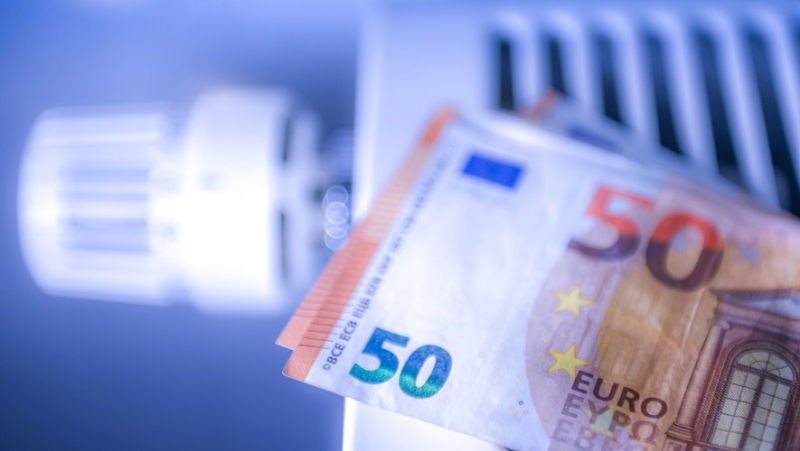2025 Budget: Increase in electricity tax and increase in automobile penalty removed in committee by MPs

Les députés ont supprimé un article prévoyant de donner la possibilité au gouvernement de taxer l'électricité à un niveau supérieur à la période d'avant crise énergétique (photo d'illustration). MAXPPP – Jean-Luc Flémal
The members of the Finance Committee continued their work on Thursday, October 17, 2024, to unravel the 2025 Finance Bill, rejecting in particular the increase in the electricity tax, the increase in the automobile penalty and the increase in taxes for gas boilers.
The deputies deleted an article providing for the possibility of giving the government the possibility of taxing electricity at a level higher than the period before the energy crisis, by adopting two deletion amendments: one presented by the National Rally, the second presented and then withdrawn by the Republican Right, before being taken up by the chairman of the Finance Committee Éric Coquerel (LFI).
The tax project, which the government hopes will raise 3 billion euros, will however be carefully examined in the chamber, where the deputies will start from the government's initial copy.
End of the tariff shield ?
Bercy, which wants to end the tariff shield put in place during the inflationary crisis, ultimately promises a 9% reduction in the tariff “for households with the regulated sales tariff (TRV) or contracts indexed to this tariff”, due to the reduction in the cost of energy.
A little earlier in In the afternoon, the deputies had approved the deletion of an article which provides for a reform of the preferential tariff for access to nuclear electricity, known as Arenh, which will disappear at the end of 2025.
Macronist MP David Amiel also had an amendment adopted to harmonize VAT on photovoltaic installations, with the stated aim of promoting the growth of the sector. As for the socialist Philippe Brun, he had a 0.3% tax adopted on speculative operations of buying and reselling electricity.
“Ecological cost”
The deputies also adopted a strengthened version of the “Crim”, a contribution on the inframarginal rents of electricity producers who allegedly made exceptional profits thanks to the surge in energy prices following the war in Ukraine. It was initially supposed to bring in 12.3 billion euros, but the yield was largely disappointing.
The general rapporteur Charles de Courson (Liot) nevertheless considered that the measure introduced by LFI did not “would bring nothing” because “prices have fallen” since then, reducing the potential base of this tax.
“Excessive” reform
A little later in the evening, the deputies deleted an article planning to increase the automobile penalty for petrol and diesel vehicles, at the initiative of the right, and with the support of the RN. The budget rapporteur general Charles de Courson (Liot) was rather in favour of this suppression, denouncing a reform “excessive” which could affect up to “80%” of vehicles.
Also removed was the article providing for the exclusion of gas boilers from the scope of the VAT reduced to 5.5% or 10%, to tax them at the full rate of 20%, via amendments from the Macronist camp, RN and LR.
The deputies, however, adopted an amendment creating a "kilometer tax to integrate the ecological cost into imported products", on a proposal from the left and with the support of the RN.
"Circular VAT"
They wanted to subject rentals of furnished tourist accommodation, create a "circular VAT", for the repair sector, and introduce a 5.5% VAT for the "first kilowatts, necessary for life and dignity", as for new constructions of social housing and work carried out in existing social housing.
An amendment introduced a 0% VAT in the overseas territories for basic necessities included in the quality-price shield (BQP) scheme.
In the morning, parliamentarians approved an amendment strengthening “the exit tax”, a tax created in 2011 to curb the tax exile of taxpayers, but which had been considerably relaxed in 2018 by the Macronist majority. They had also approved the creation of a new tax bracket for inheritances over 3.6 million euros, taxed at 49%, compared to 45% of the maximum rate today.




